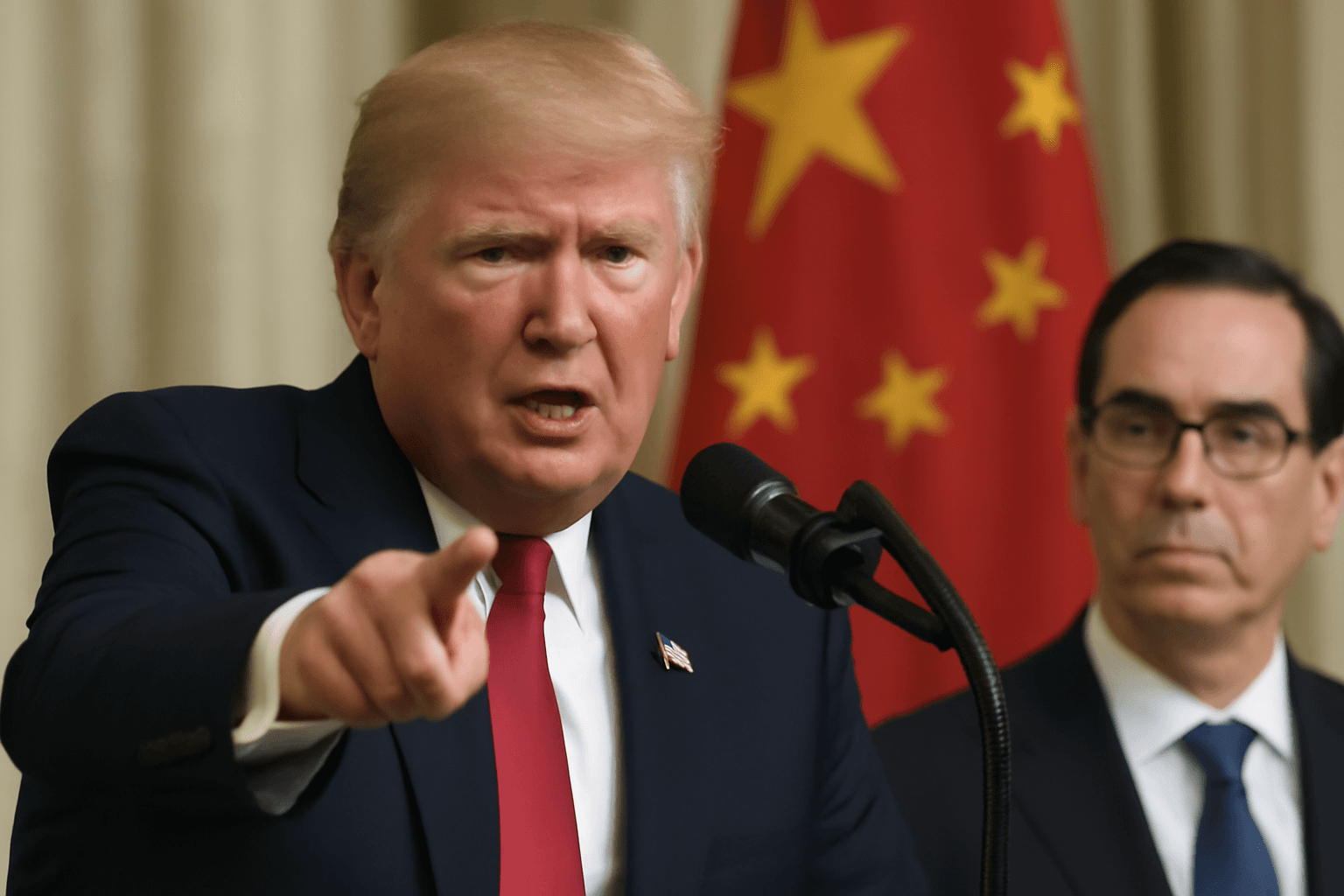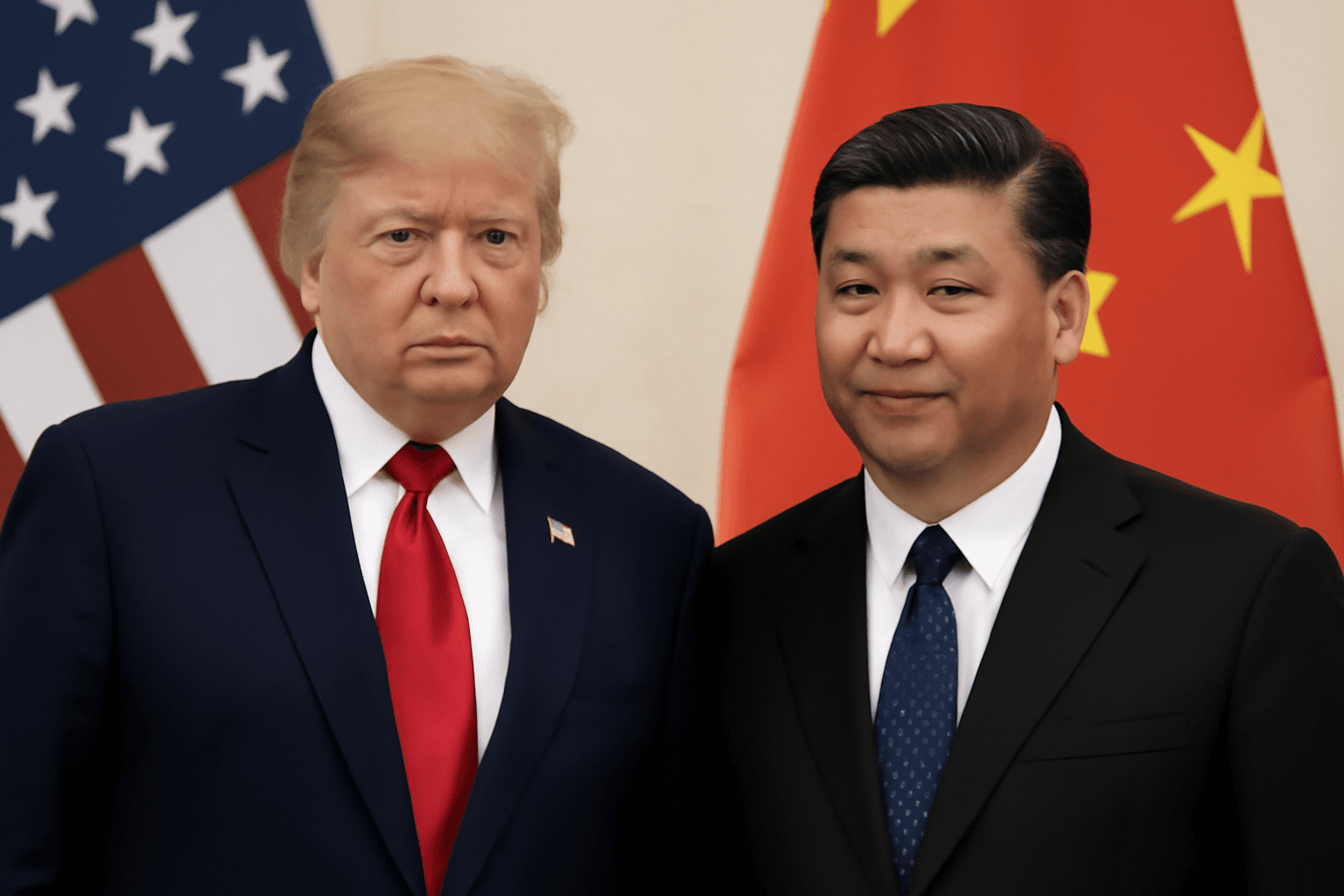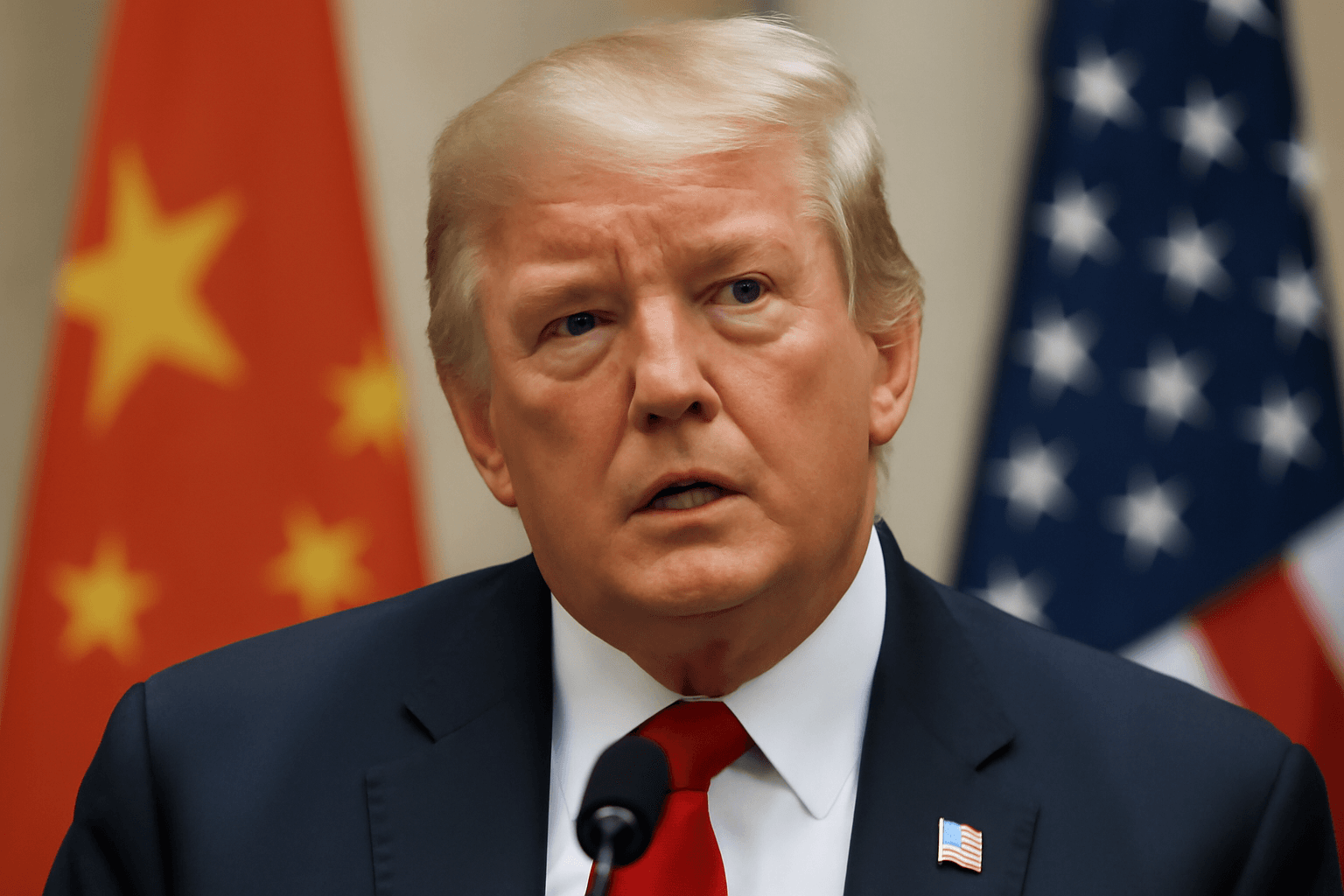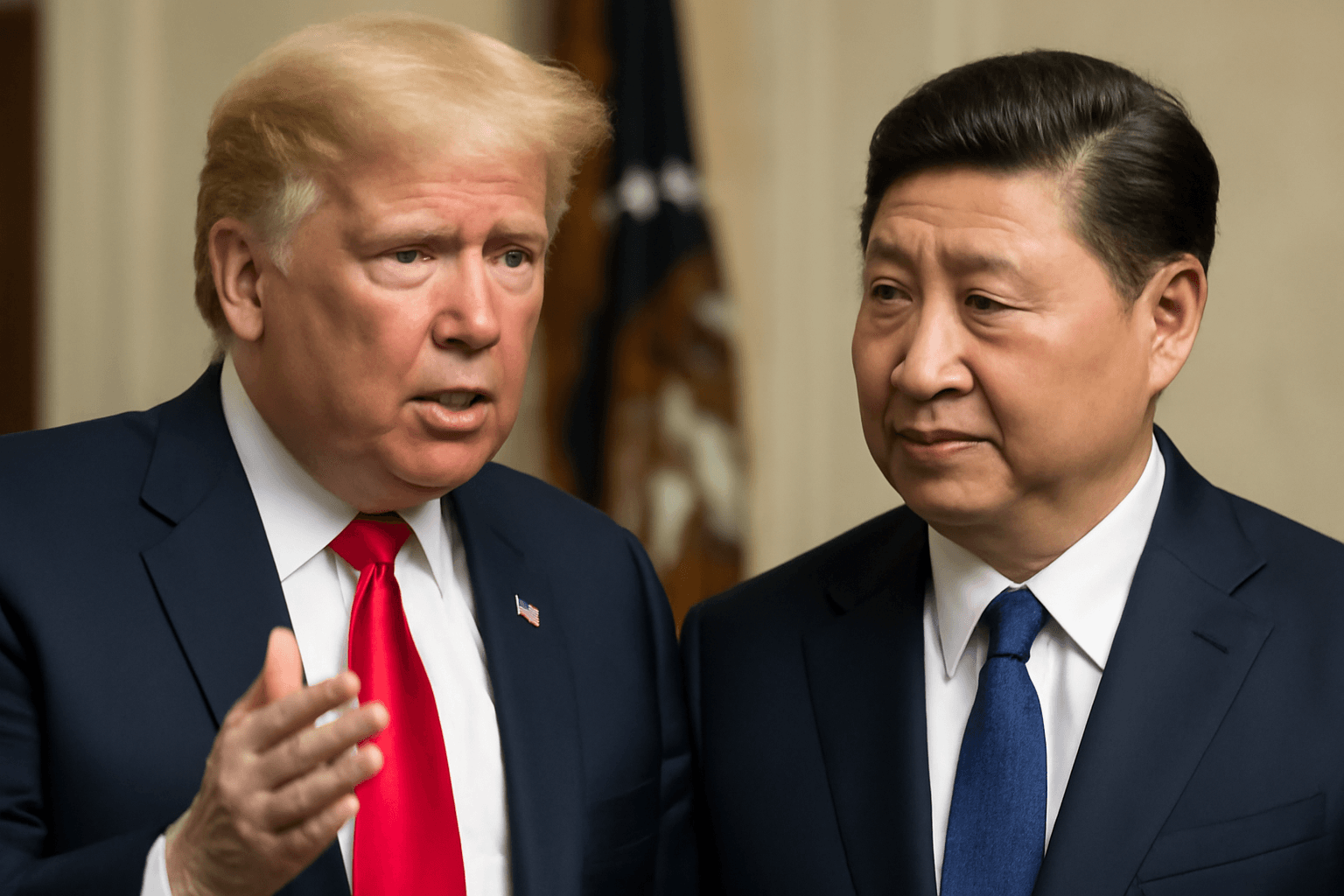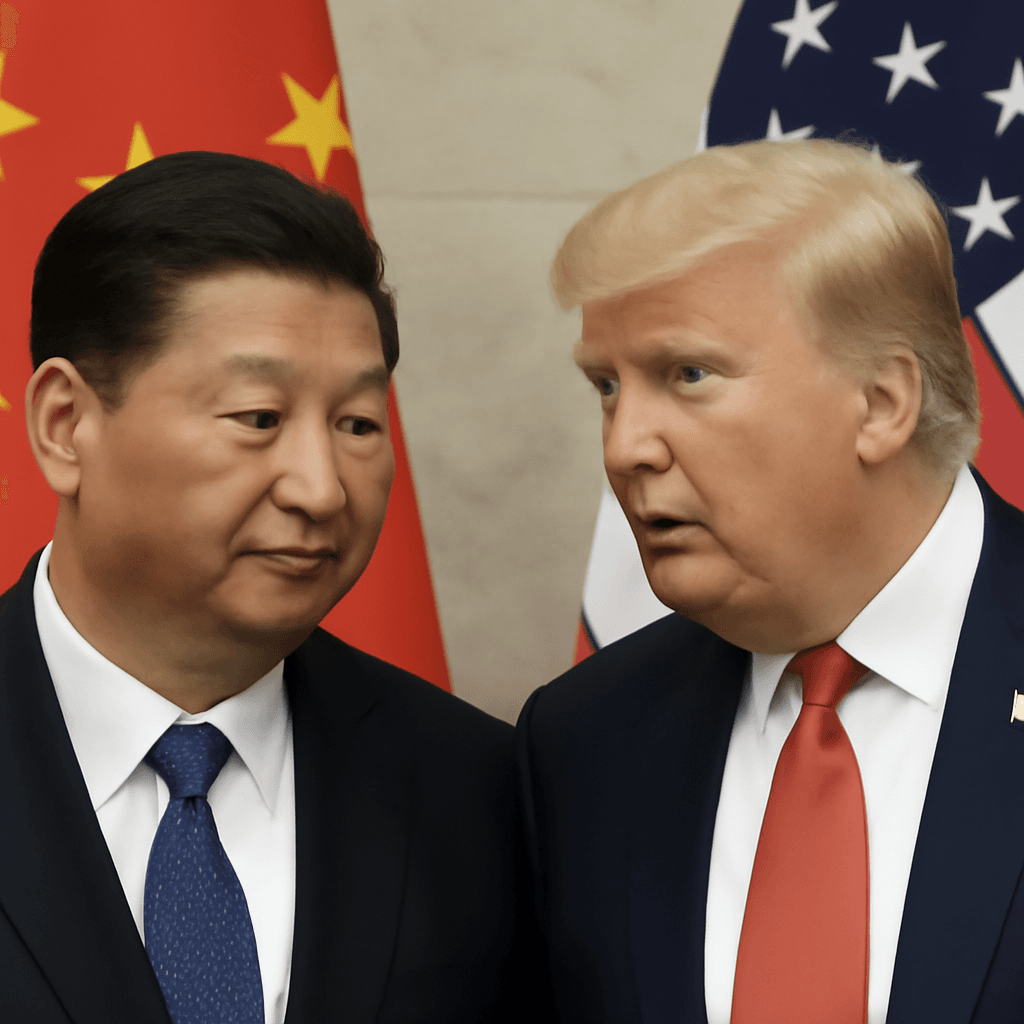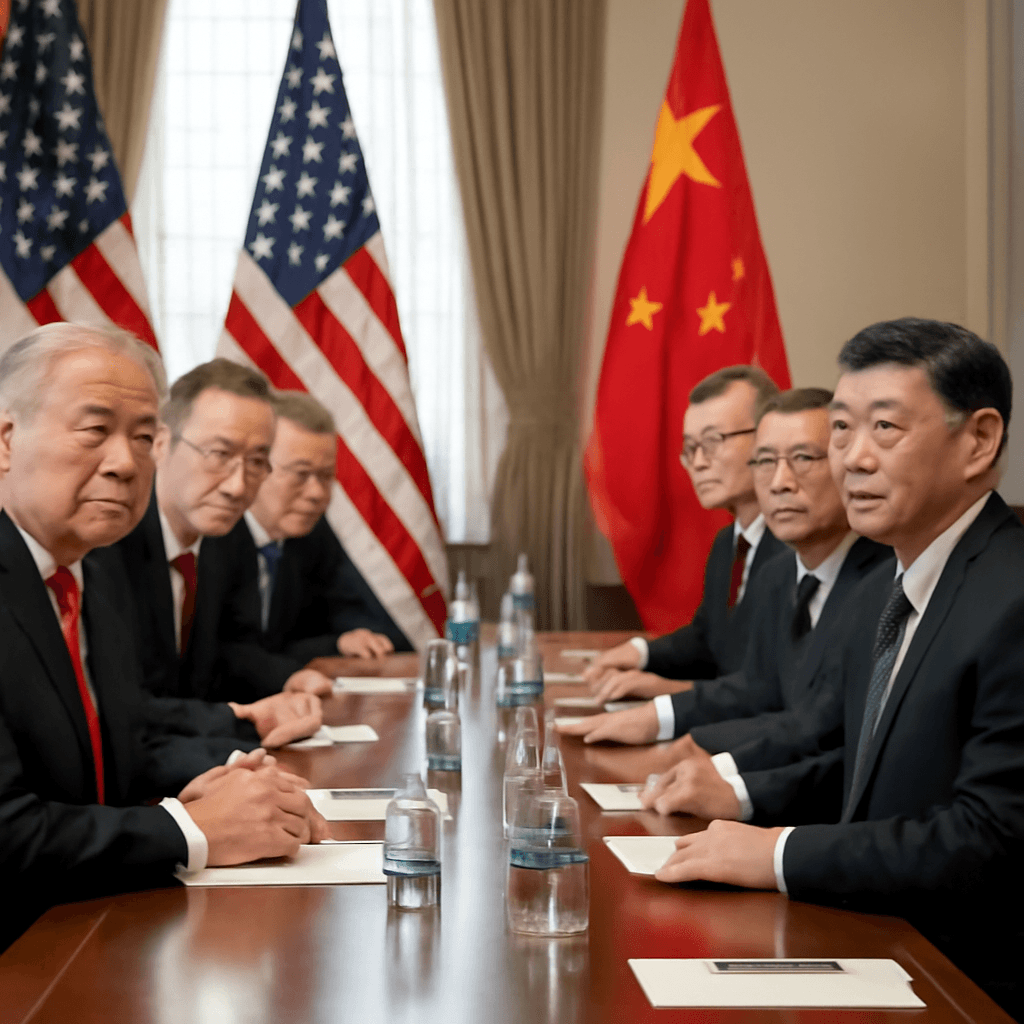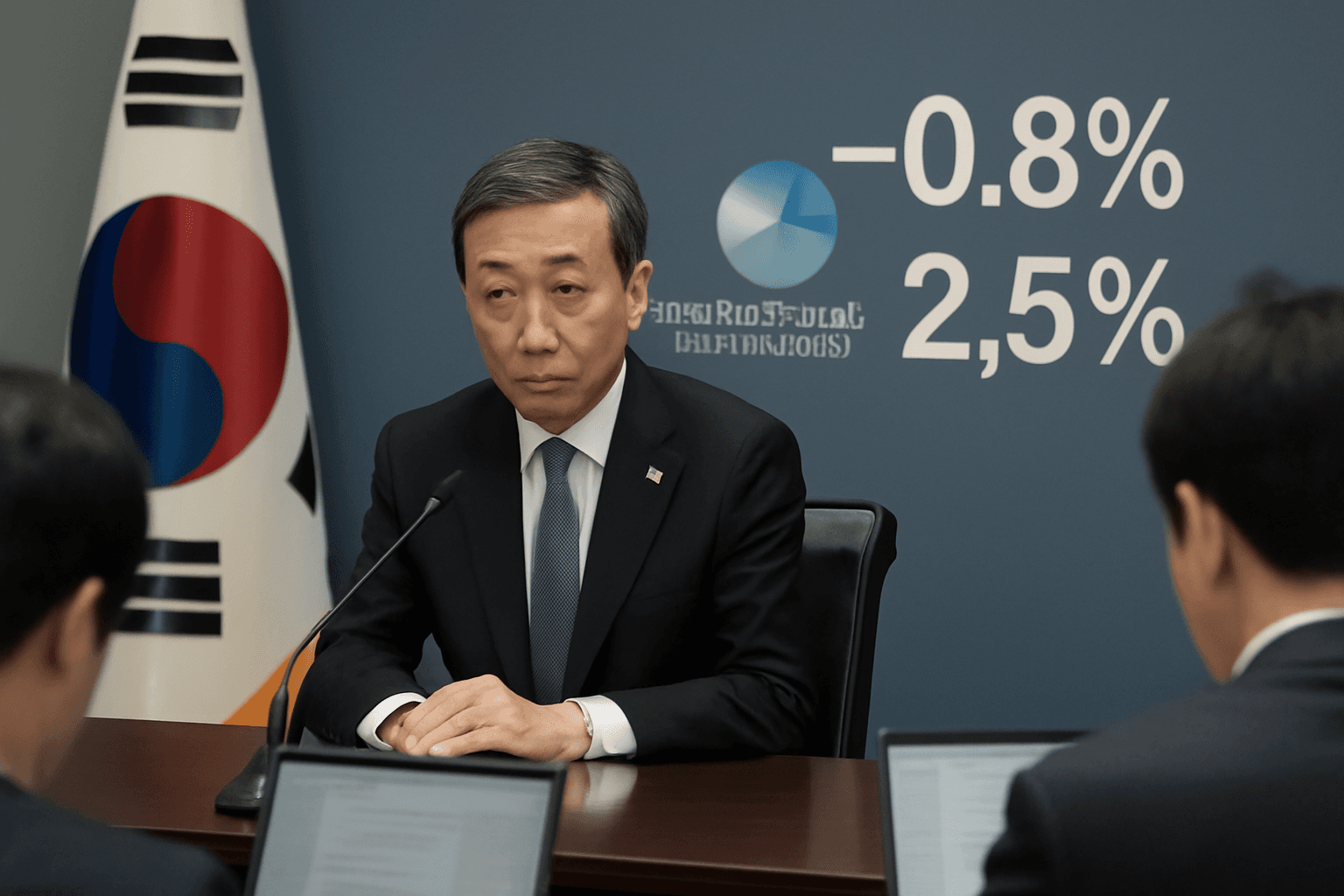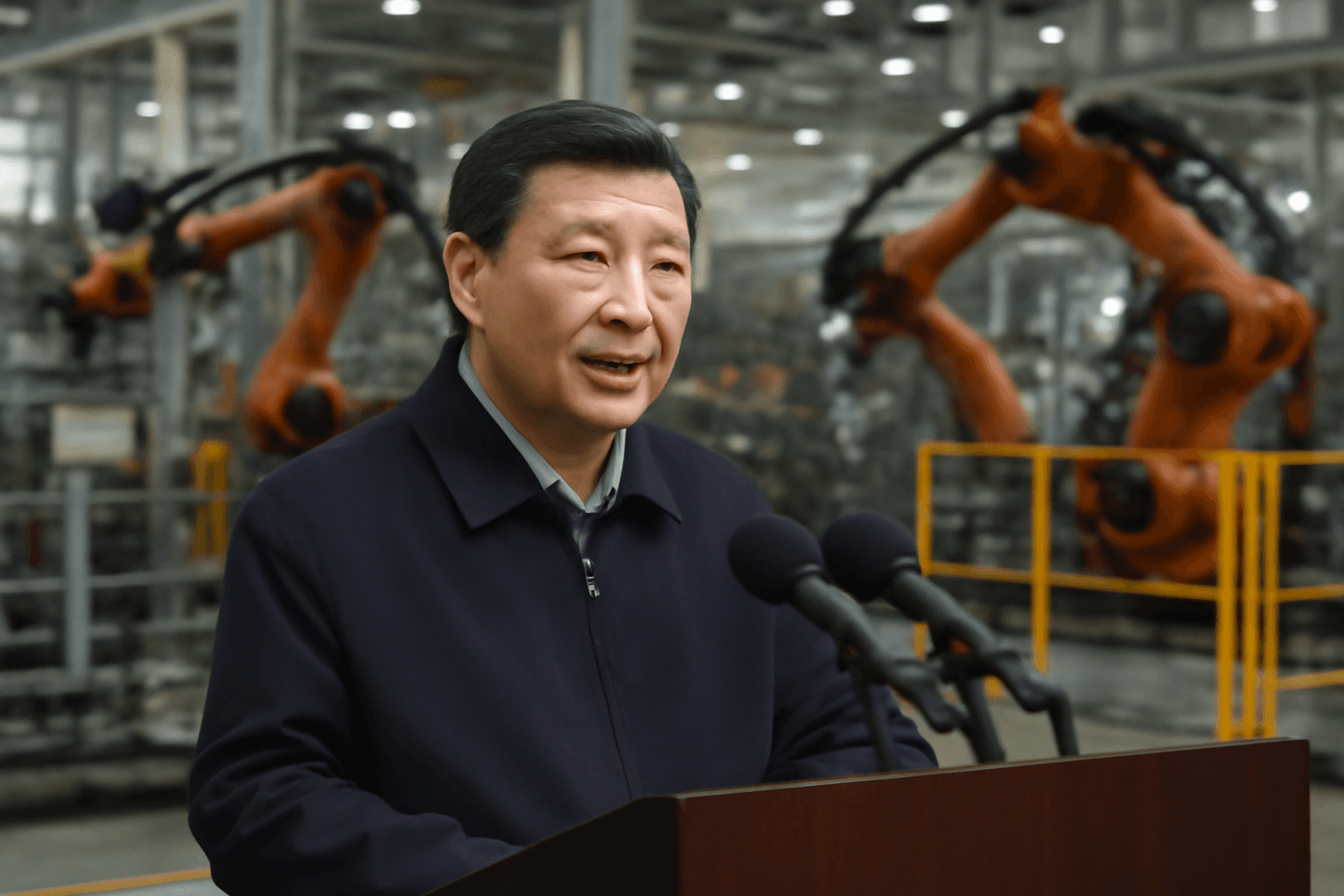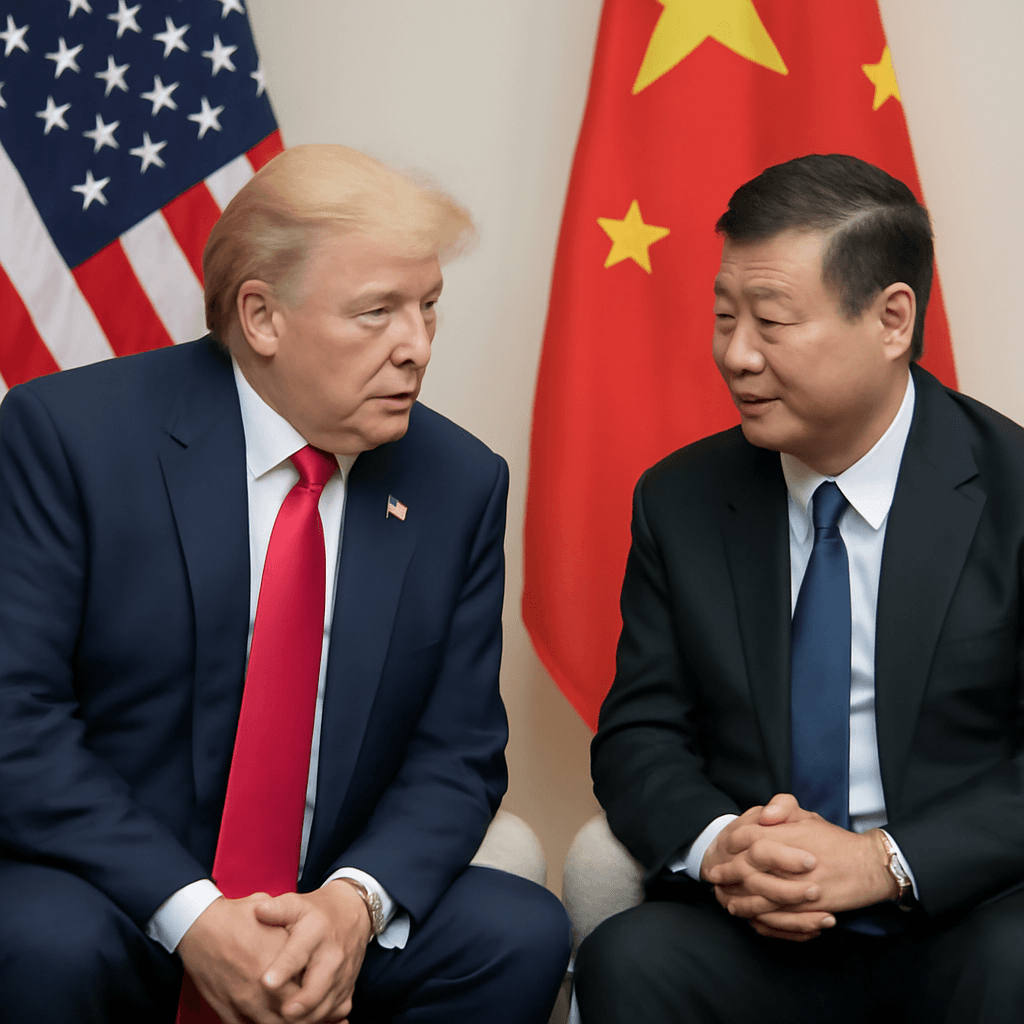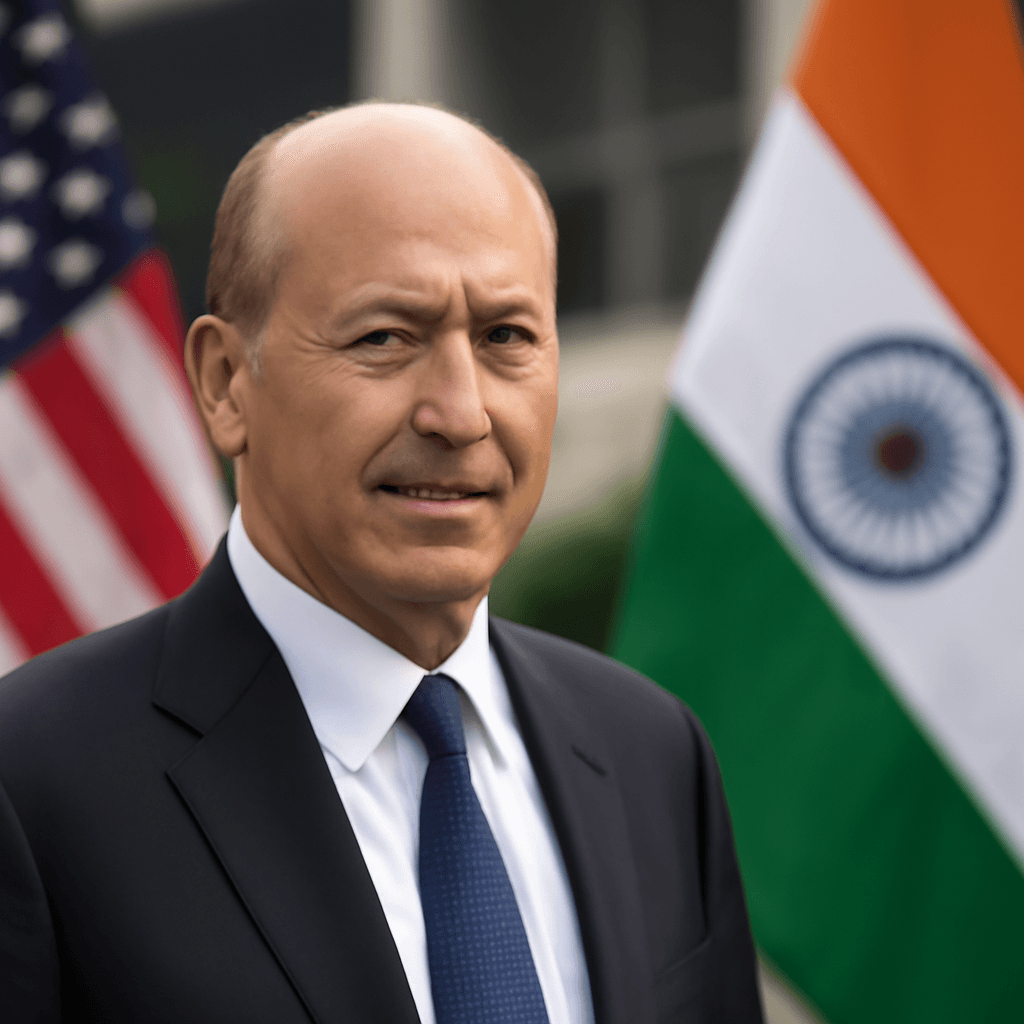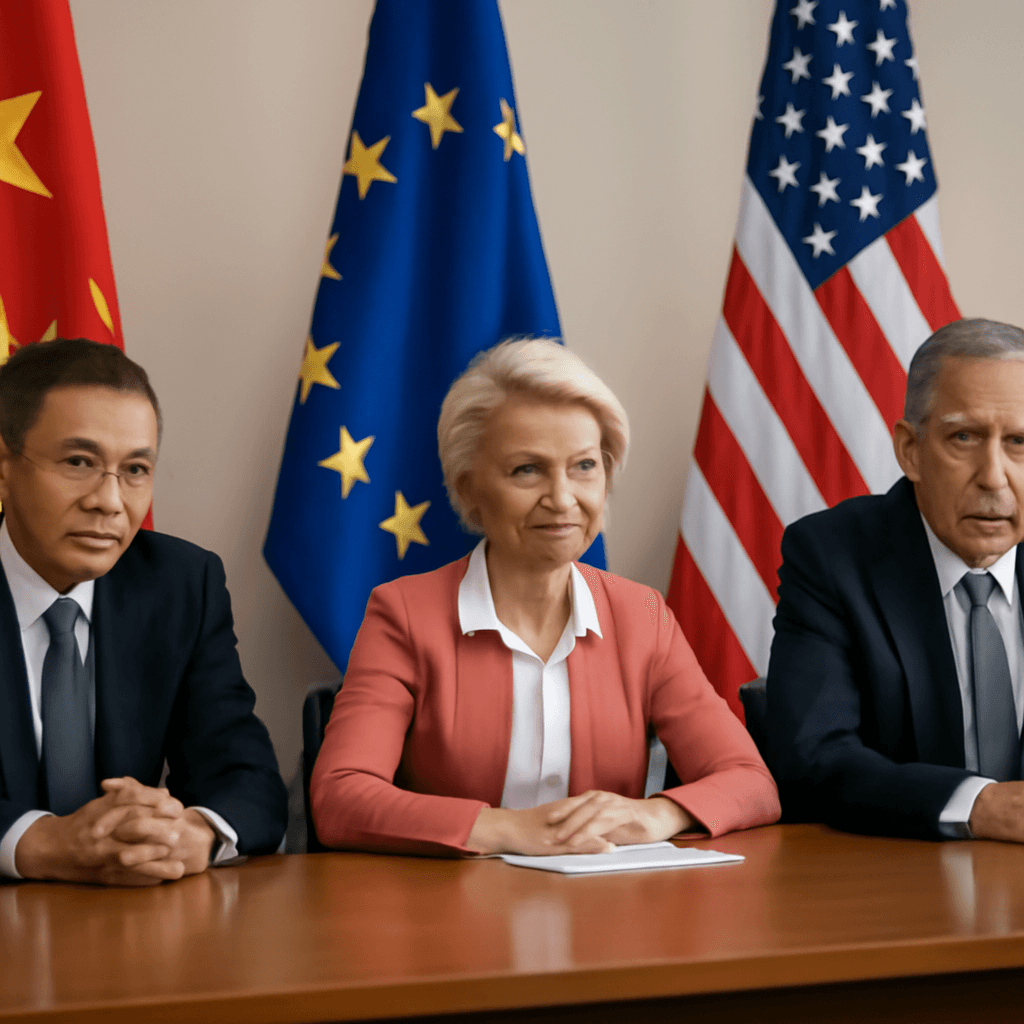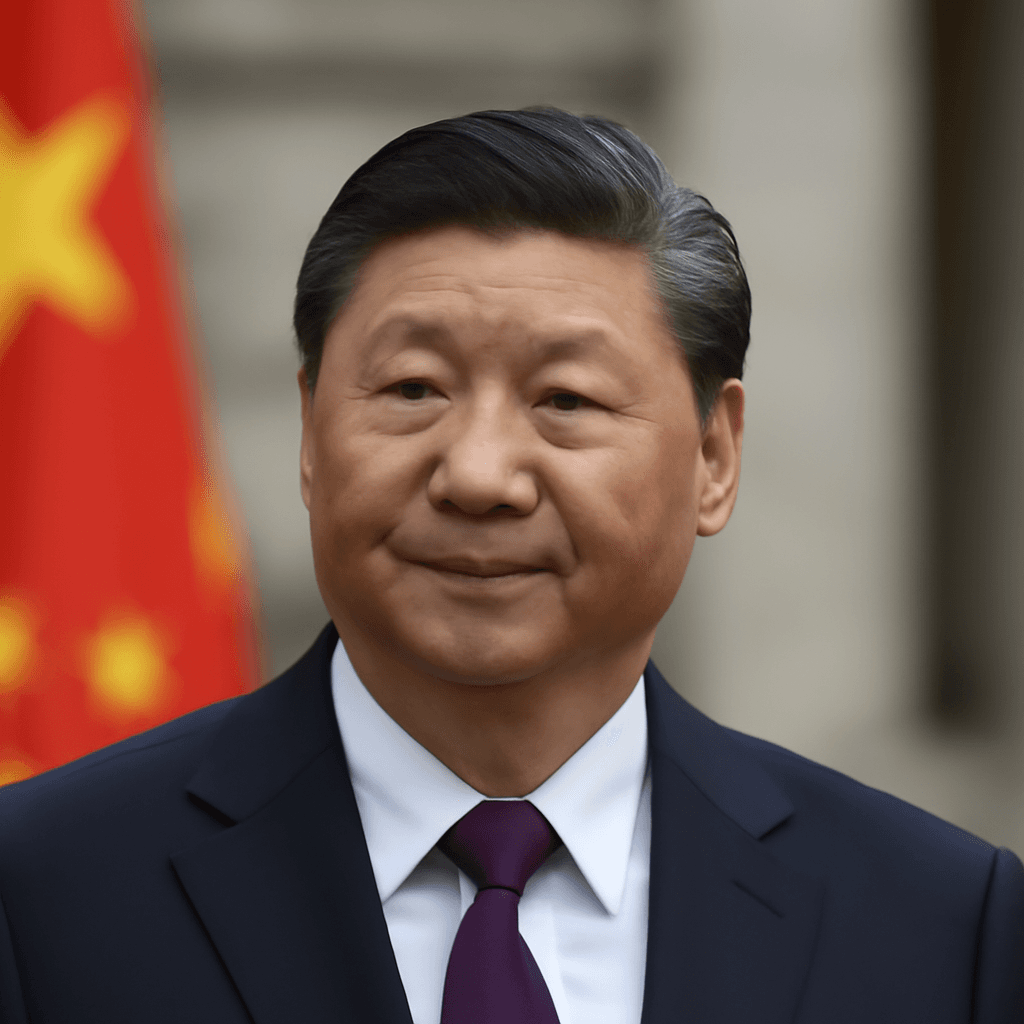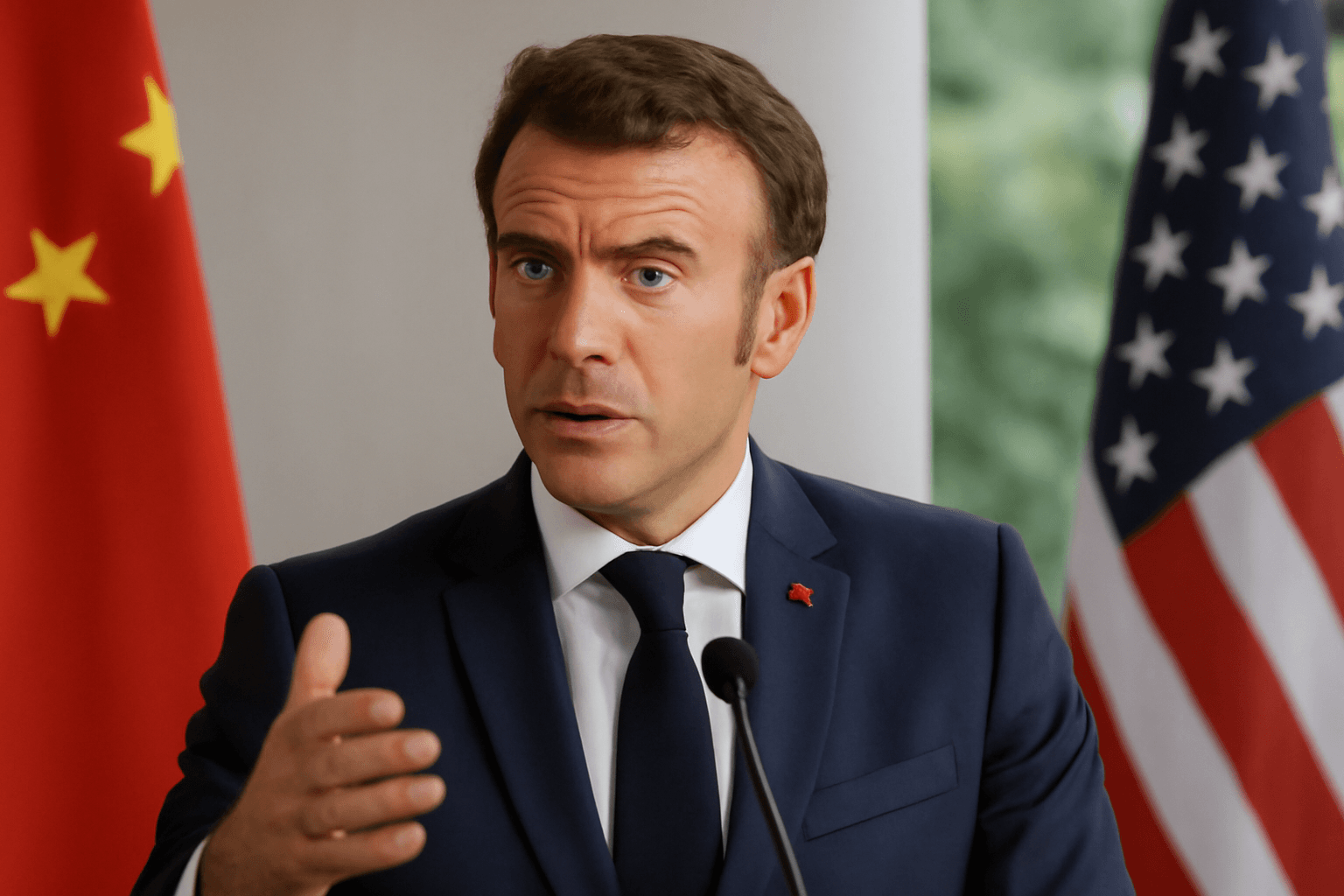US President Donald Trump has indicated a resurgence of trade tensions with China, accusing Beijing of violating a recent agreement to reduce tariffs between the two countries. This warning emerged as US Treasury Secretary Scott Bessent described ongoing trade negotiations with China as "a bit stalled."
Earlier this month, the United States and China, the world's largest economies, agreed to a temporary 90-day suspension to lower exceptionally high tariffs following talks in Geneva. However, President Trump claimed on his platform that "China, perhaps not surprisingly to some, HAS TOTALLY VIOLATED ITS AGREEMENT WITH US," without elaborating further.
US Trade Representative Jamieson Greer criticized China for actions that continue to hamper trade, such as restrictions on critical minerals. He also noted that the US trade deficit with China remains significantly large and that there have been no substantial improvements in China's trading behavior.
Secretary Bessent hinted that a direct dialogue between President Trump and Chinese President Xi Jinping could be forthcoming to address trade disagreements.
Since resuming the presidency in January, Trump has imposed extensive tariffs on many trading partners, particularly targeting Chinese imports. Before the recent de-escalation, tariffs on goods from both sides reached triple digits, with US tariffs on Chinese goods temporarily reduced from 145% to 30%, and China lowering its tariffs on US goods from 125% to 10% during the agreed respite.
Despite these reductions, US tariffs remain elevated due to an additional 20% levy aimed at Chinese products linked to alleged illicit drug activities—an accusation China denies. These high tariffs previously caused significant disruption in bilateral trade, with companies delaying shipments amid uncertainty.
Additionally, President Trump's tariff policies face legal hurdles. A recent trade court ruling declared that the president exceeded his authority under emergency economic powers when imposing broad tariffs. Although this ruling temporarily halted the most comprehensive levies, it has been stayed pending appeals. Sector-specific tariffs on items such as steel and automobiles remain unaffected at this time.

